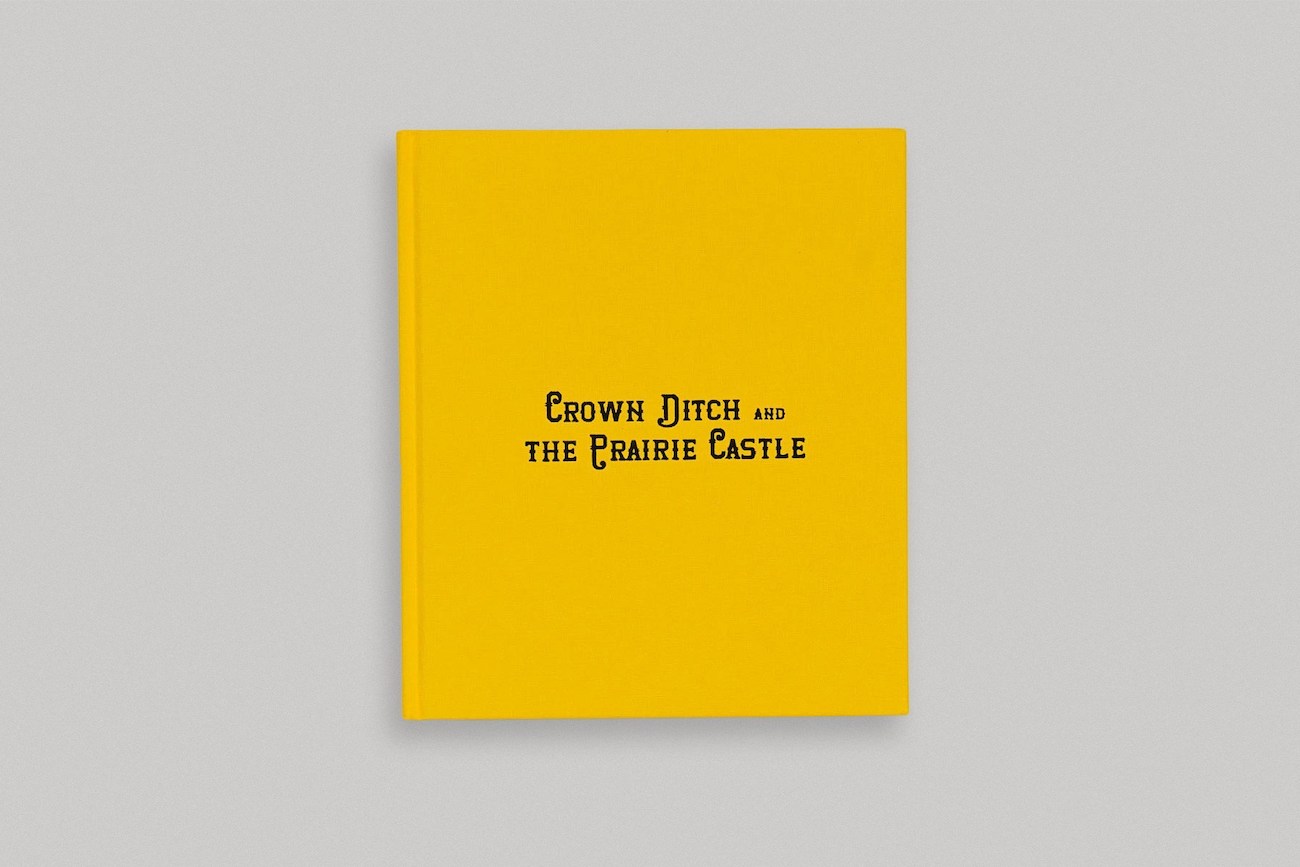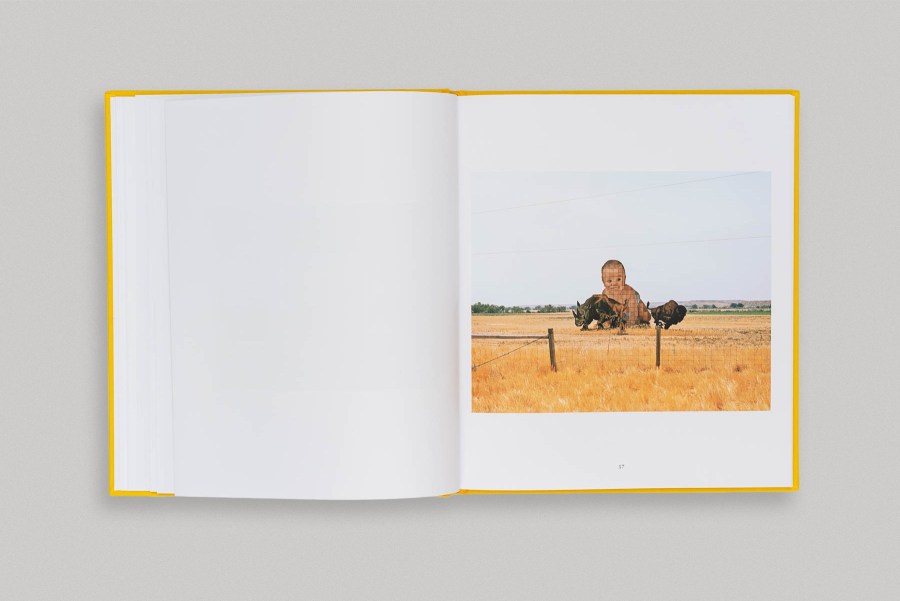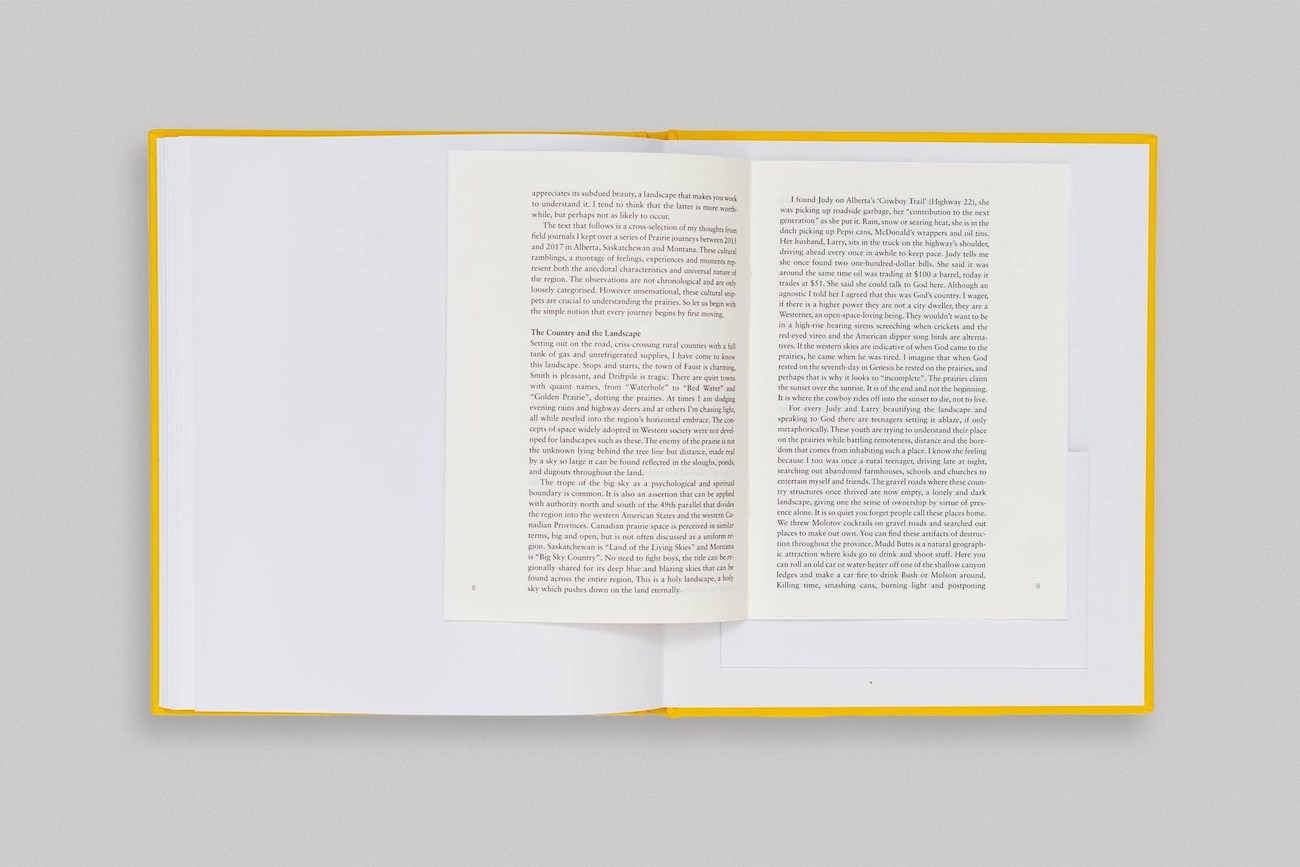Kyler Zeleny is a Canadian photographer-researcher and author of Out West (2014) and Found Polaroids (2017). His current photographic research interests deal with contemporary rural issues and how geography extends identity and creates community. His personal interests are in found photography, family albums, and the politics of archives. He received his bachelor’s in Political Science from the University of Alberta and his masters from Goldsmiths College, University of London, in Photography and Urban Cultures.
He is a founding member of the Association of Urban Photographers (AUP), a guest editor for the Imaginations Journal for Cross-Cultural Image Studies, and a guest publisher with The Velvet Cell.
Kyler Currently lives in Toronto, where he is a doctoral candidate in the joint Communication and Culture program at Ryerson and York University.
Zeleny grew up on a farm in Central Alberta. The farm isolated him, it taught him lessons about the prairie landscape and the importance of a vibrant imagination. As a result, he is left with a propensity towards open spaces, a residue of his upbringing, and megacities, a response to his desire to connect. His work is influenced by a fascination for elements of the past and a pondering for the future. As a result, he rarely lives in the present. He believes one of the highest virtues is not intellect itself but the pursuit of knowledge, whether that is learning how to weld or reading Bourdieu.



Book Review: Crown Ditch and Prairie Castle by Natalia M. Pérez
Upon receiving Crown Ditch and the Prairie Castle in the mail, I noticed two things: Its mustard yellow cover, and that it started with a quote from Heaven’s Gate, a 1980 American epic Western film.
“Armour made the knight, the crown the king…what are we?”
Kyler Zeleny’s Crown Ditch & The Prairie Castle is a long-term documentary project primarily focusing on the understudied region of the Canadian West, its landscapes and towns, and people that call each home. During a span of four years, Zeleny traveled the prairie lands of North America, driving over 9,300 miles to photograph and document their current realities. Rural communities, many of which face impending threats of extinction, are now having to navigate a global calamity.
With this book, Kyler aims to provide the reader–who most likely has their own preconceived notions towards prairie life, if a notion at all–a closer, deeper look at this unique, rural population. He grants us an opportunity to understand the Canadian West, a region as unique and vast as the American West that has never been adequately covered.
The book reads like an ode to prairie/farm life, featuring, in photojournalistic fashion, a collection of photos that tell stories: a quiet main street on a Sunday, weeds growing in an unkempt yard, a miniature church, a local credit union, an abandoned house, a retired trucker, and much more.

The back pocket of the book contains a small booklet co-written by Aritha Van Herk and Zeleny, where he starts off his section with an apology. An apology that the Prairies are not as enticing to the imagination as the American South, nor as mythical as the American West. He apologized profusely that the Prairies are of no great interest to others. He personified the Prairies as a landscape seeking for someone to appreciate and work to understand them, then shared what he called cultural ramblings–a montage of feelings, experiences, and moments he deemed crucial in understanding the prairies.
Ultimately, Crown Ditch & the Prairie serves as an advocate, making a statement of the unique, subdued beauty of Canadian prairies, documenting the places and the people of the last great “proving out.” The project presents the space as an understudied region–the meeting of landscape, industry, and resilient people created by generations of fortitude. This community of farmers, truck drivers, and remnants of prairie life seem to be collectively saying “we’re still here.” And Kyler, by capturing these snapshots, by devoting his art to provide deeper understanding, affirms this. “Yes, you are.”


To view more of Kyler Zeleny’s work please visit their website.